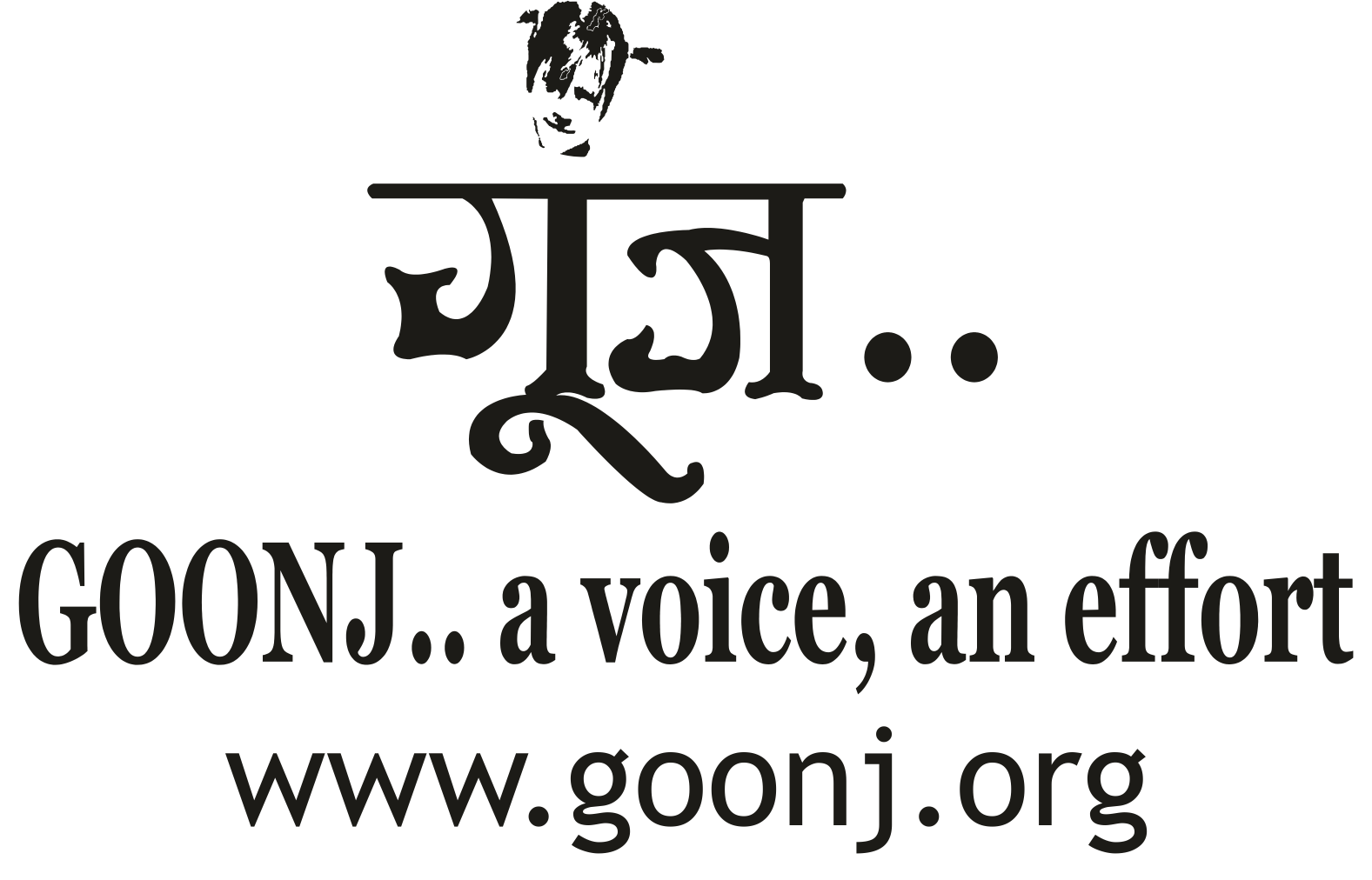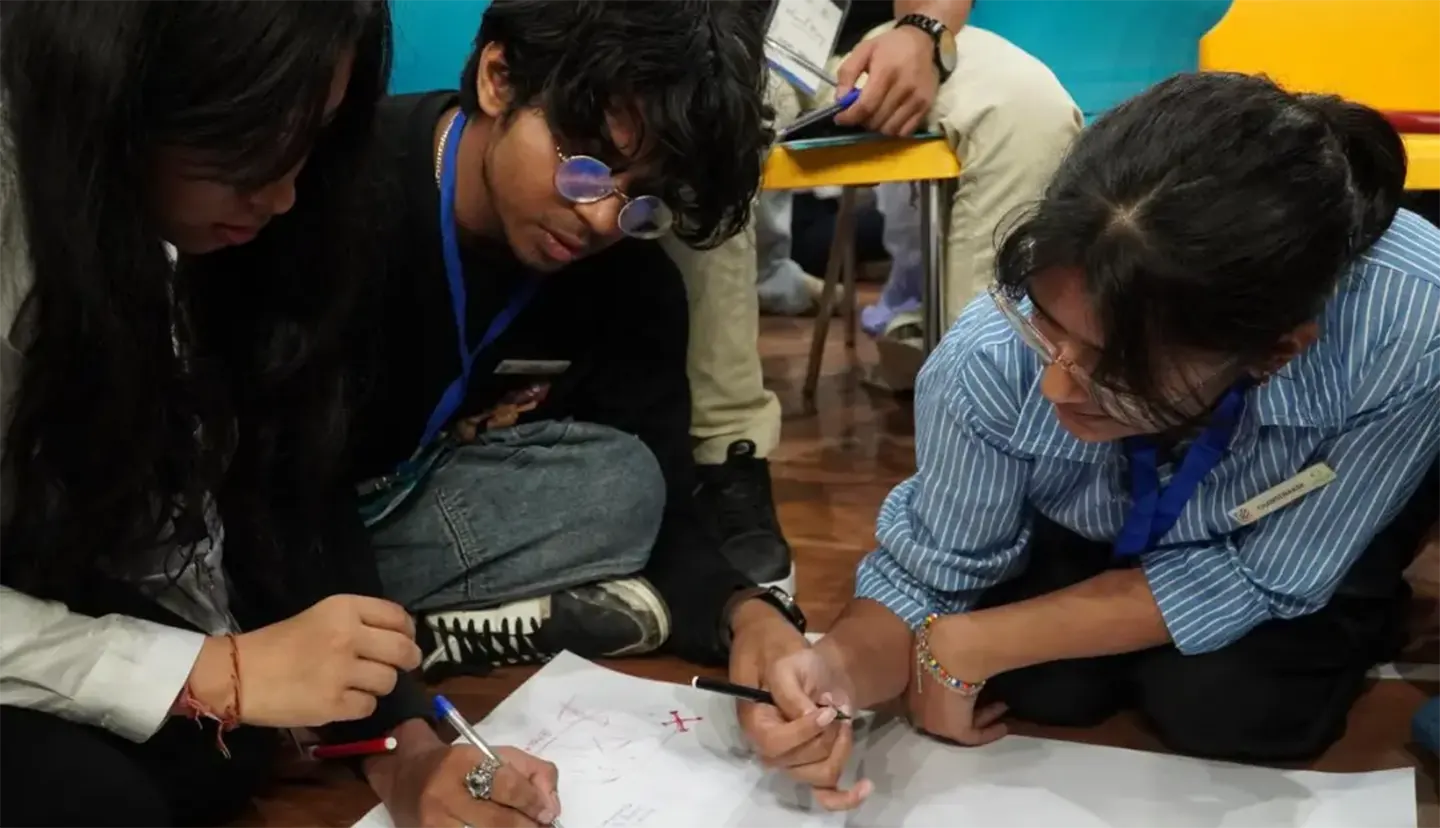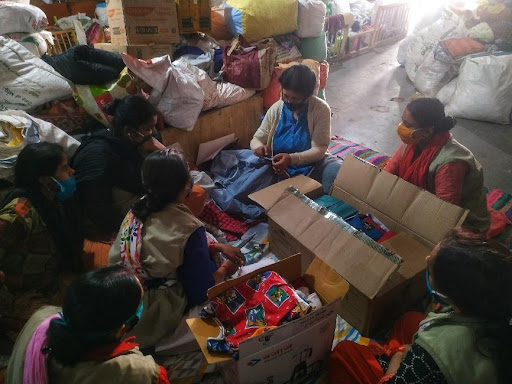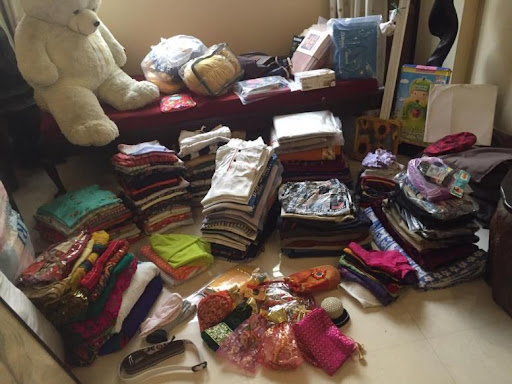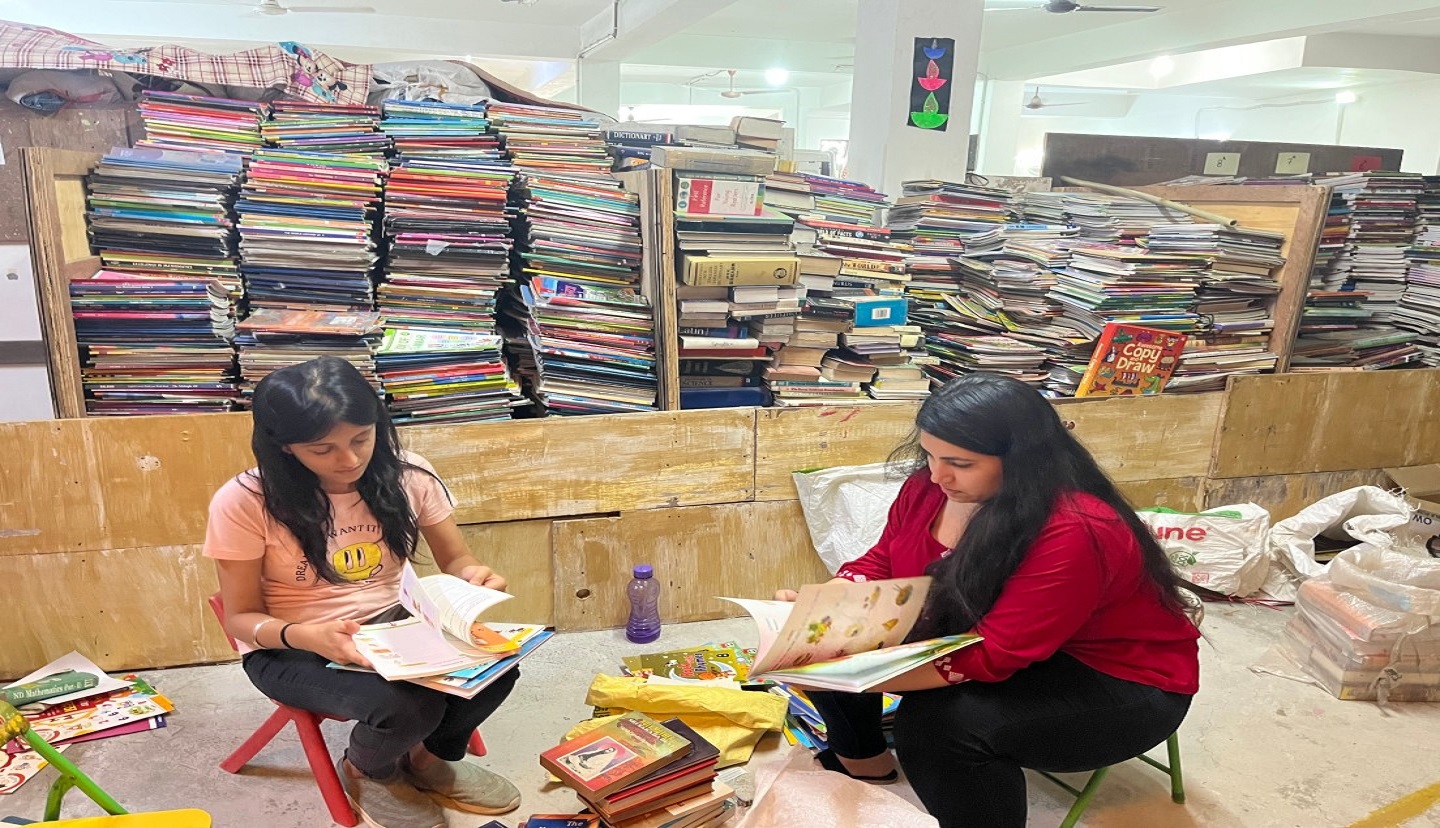From Silence to Voice: Menstrual Health in the Heart of Assam
Majuli, the world’s largest river island on the Brahmaputra, carries a rich cultural legacy. But behind its serenity lies a quiet struggle—seasonal floods, resource scarcity, and a less spoken truth: the silence around menstruation.
In this context, Goonj’s “Not Just a Piece of Cloth (NJPC)” initiative isn’t just about channelizing sanitary pads—it’s about shifting conversations. Through Chuppi Todo Baithaks (Break the Silence Meetings), women gather to share stories, ask questions, and challenge long-held taboos.
Real Voices, Real Change
In the villages of Ujani Gezera, Ratanpur Miri, and Namoni Gezera, 72 women gathered for Baithaks. For many, it was the first time they spoke openly about menstruation.
One such voice was Debilata Doley, who had long suffered silently from uterine infections and anemia. “I didn’t tell anyone. I kept bleeding and kept quiet,” she shared.
Her story wasn’t isolated. It sparked openness and solidarity. As Debilata later said,
“I thought I was the only one suffering. But we all had stories. Now we speak—that’s how healing starts.”

Community members engaging in Baithak
The Weight of Gendered Expectations
Beyond menstruation, deeper cultural layers emerged. Two women, Alka and Banti Doley, shared the burden of being pressured for not having sons.
Through gentle dialogue, facilitators reframed these narratives—affirming that menstruation has no link to gender outcomes, and that every child, regardless of gender, is valued. These moments marked a shift—from internalized shame to collective learning.

Reflection circle during Chuppi Todo Baithak
Material Challenges Meet Mindset Shifts
Majuli’s remoteness, lack of sanitation, and limited awareness create tangible barriers to menstrual dignity. With few proper toilets or waste disposal systems, women often resort to unsafe practices like using worn-out cloth or plastic.
NJPC not only introduces safe, reusable cloth pads stitched from urban surplus—but also reintroduces respect, voice, and knowledge into the conversation.

My Pad—cloth sanitary pads stitched from contributed urban cloth under the NJPC initiative
The NJPC Approach – From Urban Surplus to Rural Resilience
At its core, NJPC is a participatory journey:
- Cloth collected from urban contributors
- Stitched into reusable pads with care
- Shared alongside conversations, not handouts
The initiative views women as changemakers, not recipients. Each Baithak is a space of listening, co-learning, and reclaiming dignity.
A Movement Rooted in Dignity
As one facilitator put it,
“An ignored piece of cloth becomes a tool of resistance. A whispered worry becomes shared wisdom.”
In Majuli, one Baithak at a time, a quiet transformation is taking place—not through charity, but through community.
Because menstrual dignity isn’t just about a product.
It’s about freedom from silence, from stigma, and from shame.
Be a Part of Change
Our invitation to you is, start from where you are.. From a small change of starting a Goonj kee Gullak or Team 5000, joining a long and deep change process, or things in between- organising a collection drive, a volunteering journey, an internship, or simply walking with us signing for a Goonj monthly newsletter subscription.. More on www.goonj.org or write to [email protected].
Many options, but the choice is always one; Taking Action..
